Trinity College London Speech and Drama Qualification

Trinity College London Speech and Drama Qualification
150 years history, assessing Speech & Drama and many more disciplines
Cover 60+countries worldwide with over 850,000 participants per year
Officially regulated by Ofqual, with up to 30UCAS points awarded
Develop English communication skills, gain life-long core competencies
Record and submit video with flexibility, no real-time interaction required
ABOUT TRINITY COLLEGE LONDON
ABOUT TRINITY COLLEGE LONDON
Trinity College London is a leading international exam board and independent education charity that has been providing assessments around the world since 1877. They specialise in the assessment of communicative and performance skills covering music, drama, combined arts and English language. With over 850,000 candidates a year in more than 60 countries worldwide, Trinity qualifications are specifically designed to help students progress and explore.The aim is to inspire teachers and learners through the creation of assessments that are enjoyable to prepare for, rewarding to teach and that develop the skills needed in real life.
Programme Introduction
Trinity's Graded Speech and Drama exams are designed to support candidates to develop a range of transferable skills that can have a positive impact in both education and the workplace. Communicative and performance skills are the core among them. Besides pronunciation, vocabulary, grammar and other basic language skills, intonation, cadence and body language etc. are the important abilities needed to enhance the expression and improve communication efficiency.
The exams are designed for candidates who want to focus on a variety of spoken and performance forms. Candidates will perform and show knowledge and understanding of a mixture of texts including plays, poetry and prose in a range of styles and from different periods.The exams assess the following skills through a range of contexts: Performance, Planning and preparation, Verbal and non-verbal communication, Interpersonal, Critical thinking and problem-solving, Research and reflection.
The exams are divided into 8 Grades, suitable for students who have a certain foundation in English to apply. Grade 6-8 have been included in the scoring system of UCAS (Universities and Colleges Admissions Service), Grade 6-8 qualifications are eligible for up to 30 UCAS points.
Exam Levels and Suggested Age
| Exam Level | Level 1 | Level 2 | Level 3 | |||||
|---|---|---|---|---|---|---|---|---|
| Grade | Grade 1 | Grade 2 | Grade 3 | Grade 4 | Grade 5 | Grade 6 | Grade 7 | Grade 8 |
| Exam Duration | 10min | 12min | 14min | 16min | 18min | 20min | 23min | 25min |
| Suggested Age | 7-9 | 8-10 | 9-12 | 11-13 | 13-15 | 15-17 | 16-18 | 16-18 |
| UCAS Points | No | No | Distinction: 12 Merit:10 Pass: 8 |
Distinction: 16 Merit:14 Pass: 12 |
Distinction: 30 Merit:27 Pass: 24 |
|||
WHY Choose Us
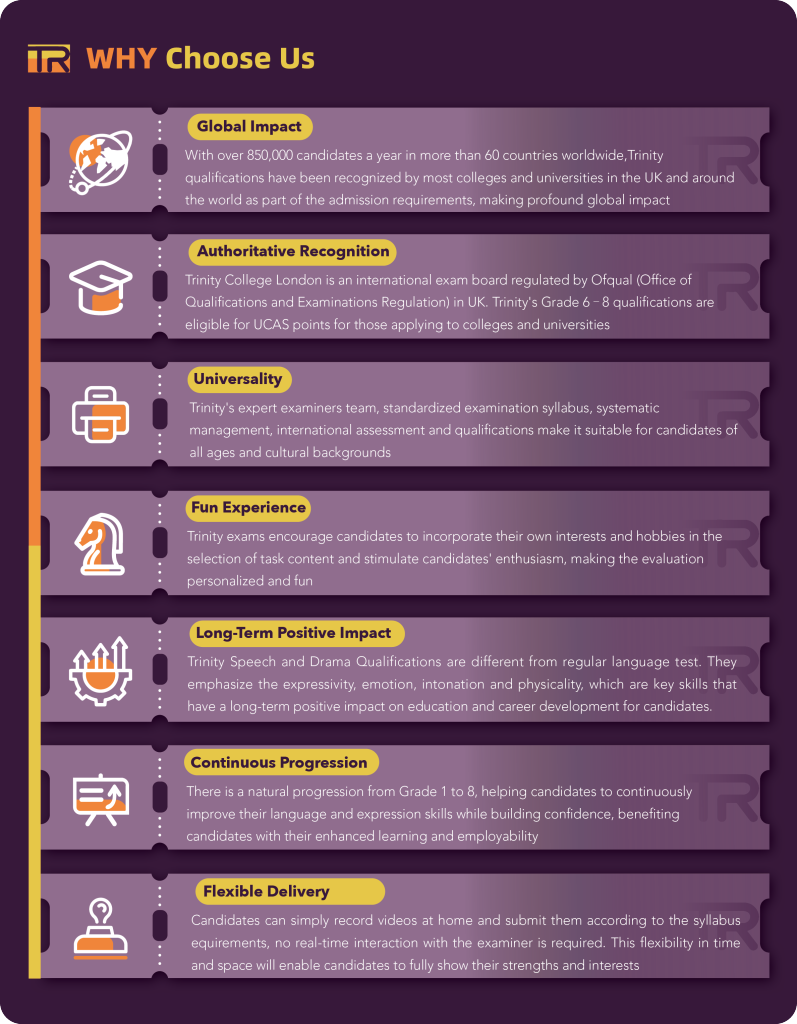
Exam Syllabus
Unless otherwise stated, all performance pieces should be taken from published works (not self-published). At Grades 7 and 8, the candidates can present a piece of unpublished work. This can be a piece of the candidate's own writing or from someone else. When selecting a piece, candidates should keep in mind that it should present opportunities for different interpretations, and for displaying the range of vocal and physical skills required at the grade the candidate is being assessed for.
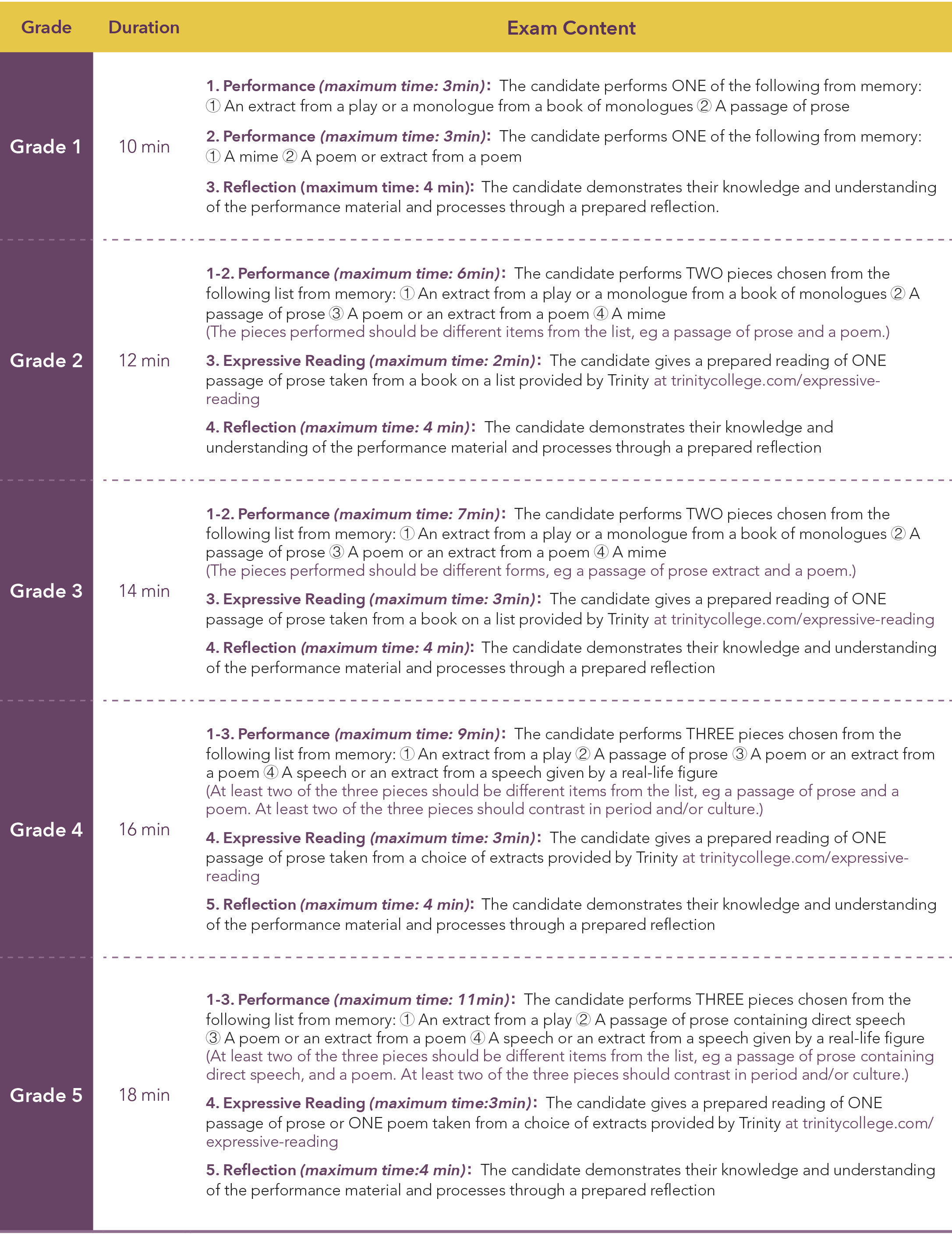
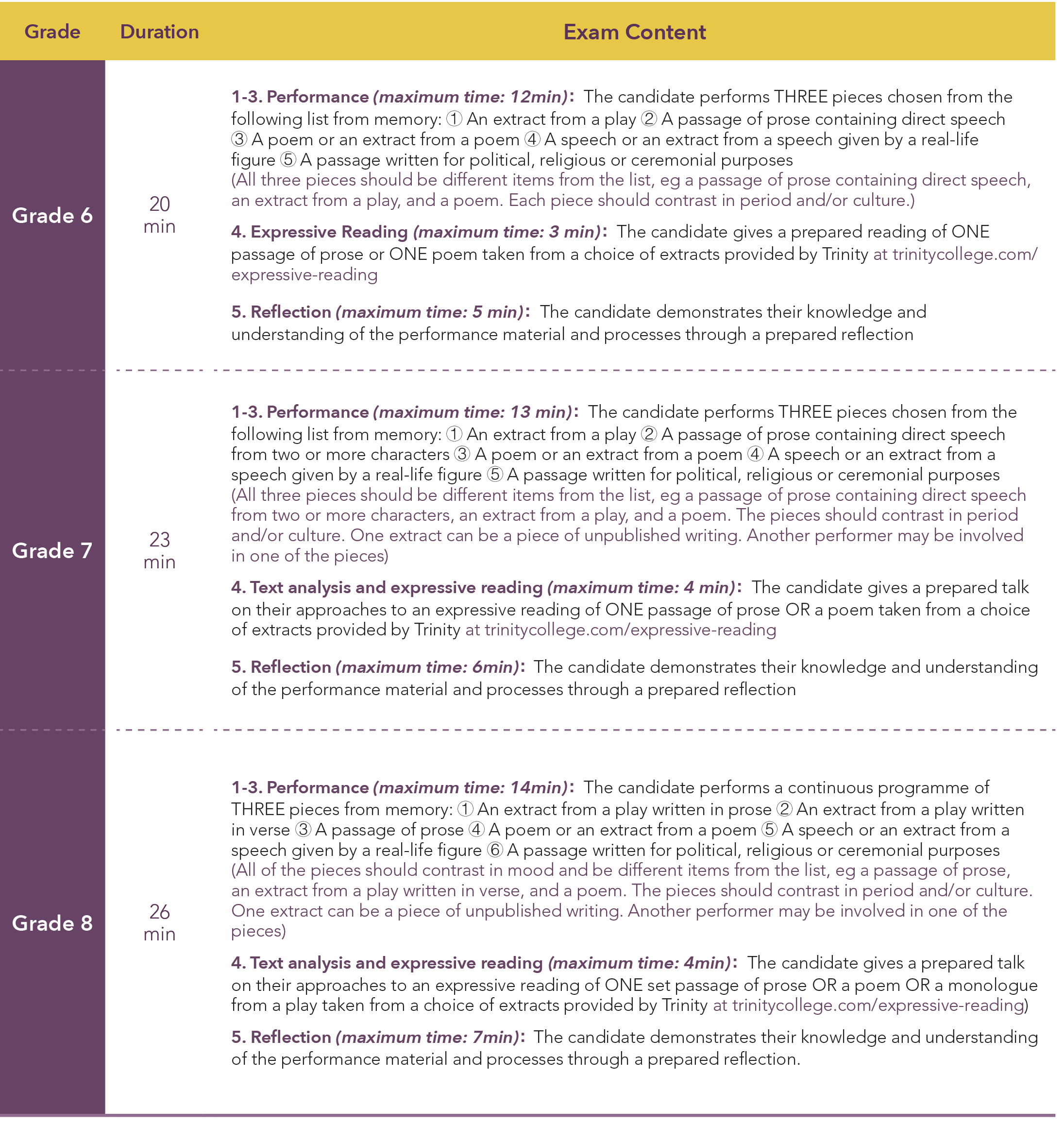
Certificates and Awards
Candidates who pass the exam will receive a recognition certificate and a professional performance report issued by Trinity College London, UK.
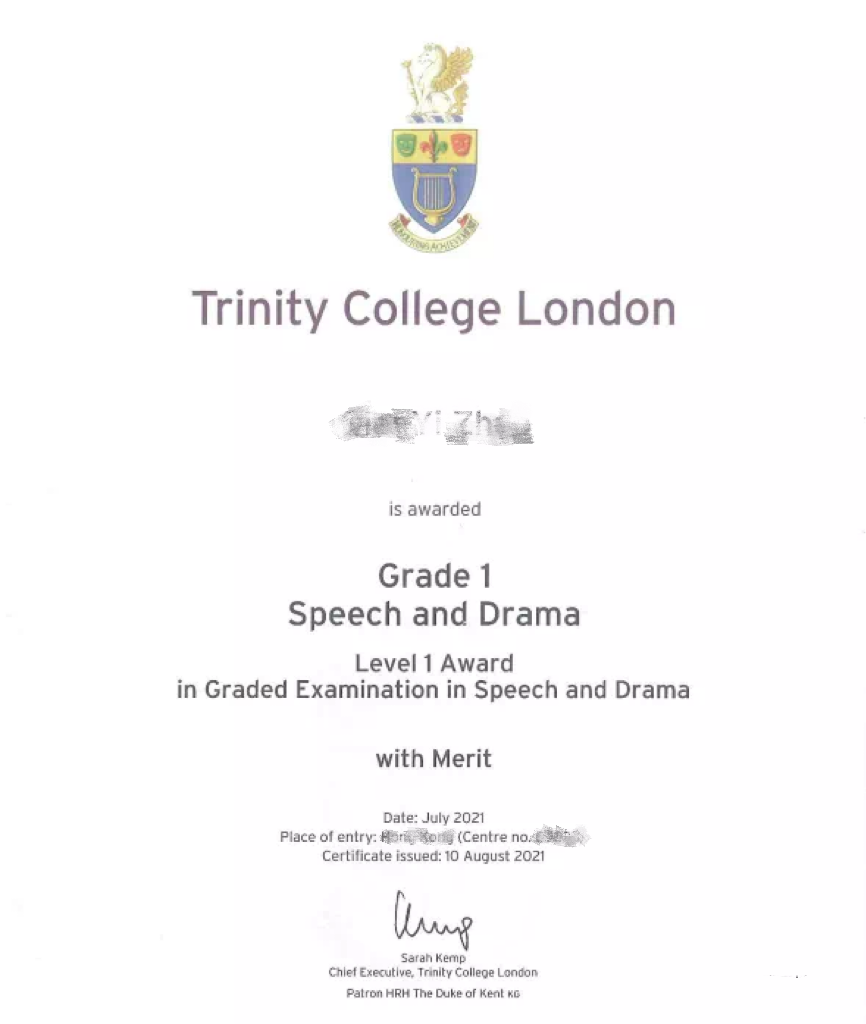
Certificate
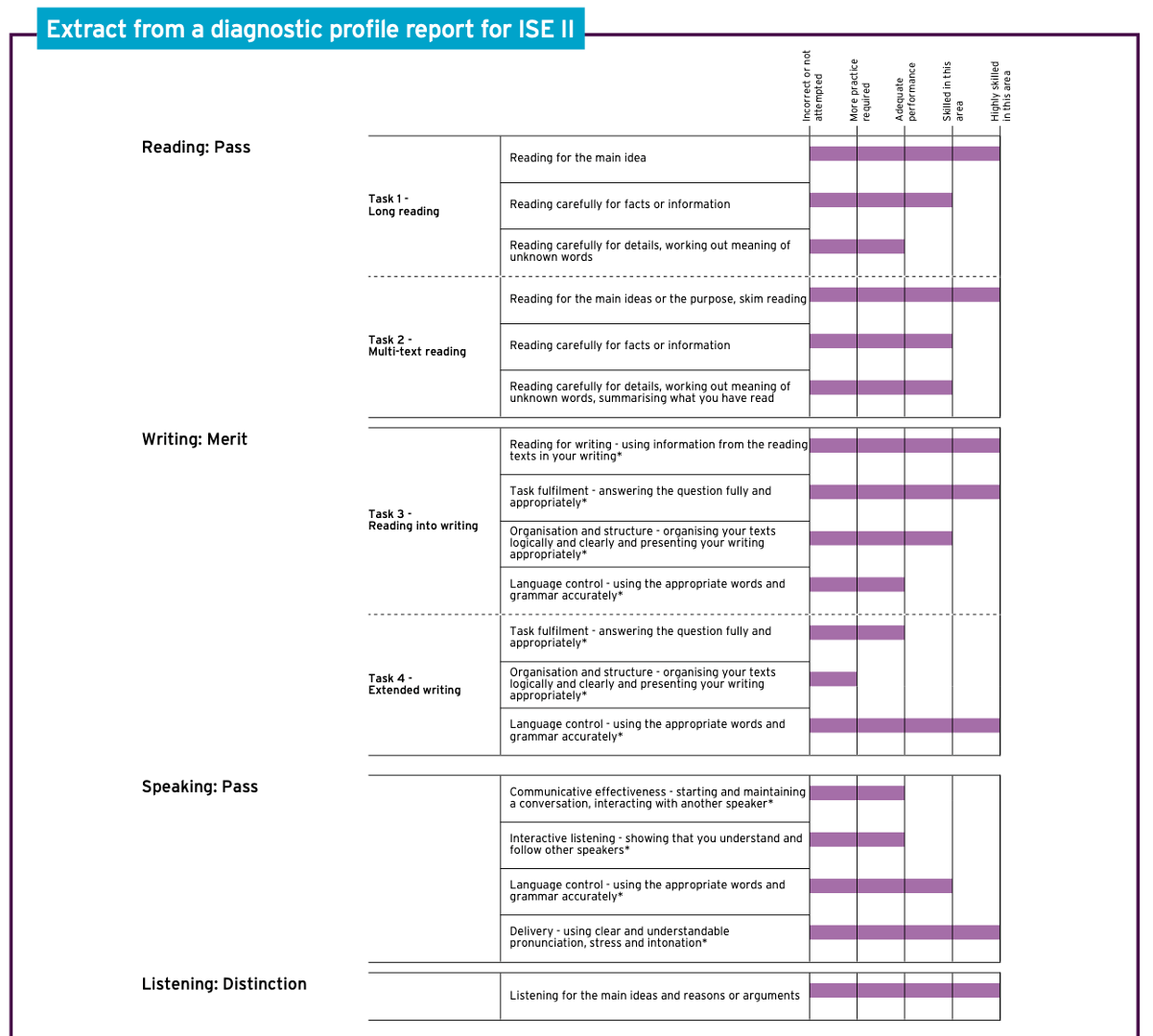
Performance report
The exams are marked out of 100.
Candidates' results correspond to different attainment levels as follows:
85 or more: Distinction
75-84: Merit
65-74: Pass
64 and below: Below
Pass
Exam Date and Video Recording
Exam Date
- September 28, 2025
- October 26, 2025
- November 30, 2025
- December 28, 2025
- January 25, 2026
Video Recording Requirements
1. Recording device: A high-quality audio-visual recording device with enough storage for your performance (eg a good-quality mobile phone, tablet, laptop or video camera). Please keep the device stable during recording. In the exams, the candidates' own ability to perform audibly and clearly is assessed. For this reason, external microphones must not be used.
2. In the exam, candidates must work through their tasks in the order in which they are listed in the syllabus.
3. Reflective response: The candidate should respond to the questions by announcing each one in turn followed by their response. Alternatively, a teacher/caregiver/ another student can ask the candidate the questions to facilitate their response.
4. Candidates need to expose their whole body in the camera, and keep the performance space bright and clear, and the background quiet and not noisy.
5. All performances must be submitted as one continual performance (this includes all pieces and any key skills tasks such as sight-reading, and the reflective response). Start the recording before your first piece, and do not stop or pause the video until you have completed all parts of the assessment. Any evidence of editing will result in a syllabus infringement and your exam will not be assessed.
6. Audio and video must be recorded simultaneously and no pre- or post-production techniques should be applied to the video.
7. You may not enter the same performance video for the same exam more than once, unless Trinity requires you to resubmit your video (eg for technical reasons). You may not share your performance video on social media, or use it for any other exam entries, either with Trinity College London or any other exam board.
8. Candidates must send the video to the email address of the organizing committee at trinity@seedasdan.org at least 3 days before the exam date. The subject of the email must be "Candidate's Name + Exam Grade".

Exam Details
【考试说明】
- Exam Language: English
- Delivery Method: Record a complete performance video according to the syllabus on the official website and send it to the email of the organizing committee at least three days before the exam date.
- Exam Process: Registration — Choose the exam date — Visit Trinity official website, and download the Expressive Reading material required for the exam — Prepare for the exam — Record the exam video (All performances must be submitted as one continual performance) — Send the video to the email address trinity@seedasdan.org at least three days before the exam date. (Expressive Reading material download URL:trinitycollege.com/expressive-reading)
- Exam Duration: Each level has a time limit, and candidates must ensure that the total performance time does not exceed the specified time. Candidates may combine shorter and longer pieces to fit the total time. Candidates should ensure that their performances could fully demonstrate the skills they possess.
- Dress Code: No fixed dress code required, candidates can wear clothes that are comfortable and allow for movement. There is no requirement to use props. If candidates would like to use them, please ensure that the total performance time does not exceed the specified time. Candidates will not get extra points for using props.
【Exam Fees】
- Including:Exam Registration fee, Certification Application fee, Professional Examination Report fee, Certificate/Examination Report Delivery fee (to Mainland China only), etc.
- Registration Deadline:The deadline for registration is 4 weeks before the exam, after which transfer and refund will not be accepted.

Regional Academic Specialists

Ms Zhang 18510986702
North China:
Beijing、Tianjin、Shanxi、Shandong、Hebei、Henan、Inner Mongolia、Heilongjiang、Jilin、Liaoning

Ms Wang 15618633087
East China:
East China:Zhejiang
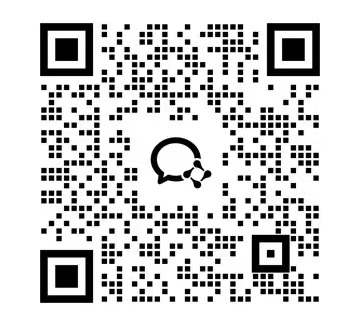
Ms Zhou 13061978106
East China:
East China:Shanghai、Jiangsu

Ms Yu 18820908247
South China:
Guangdong、Guangxi、Fujian、Hainan、Hong Kong、Macao、Taiwan
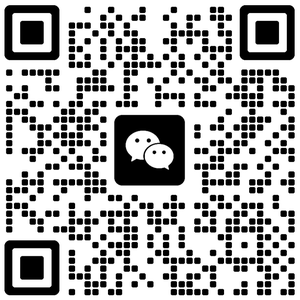
Ms Ma 18682558140
West China:
Chongqing、Sichuan、Guizhou、Yunnan、Shaanxi、Gansu、Qinghai、Tibet、Ningxia